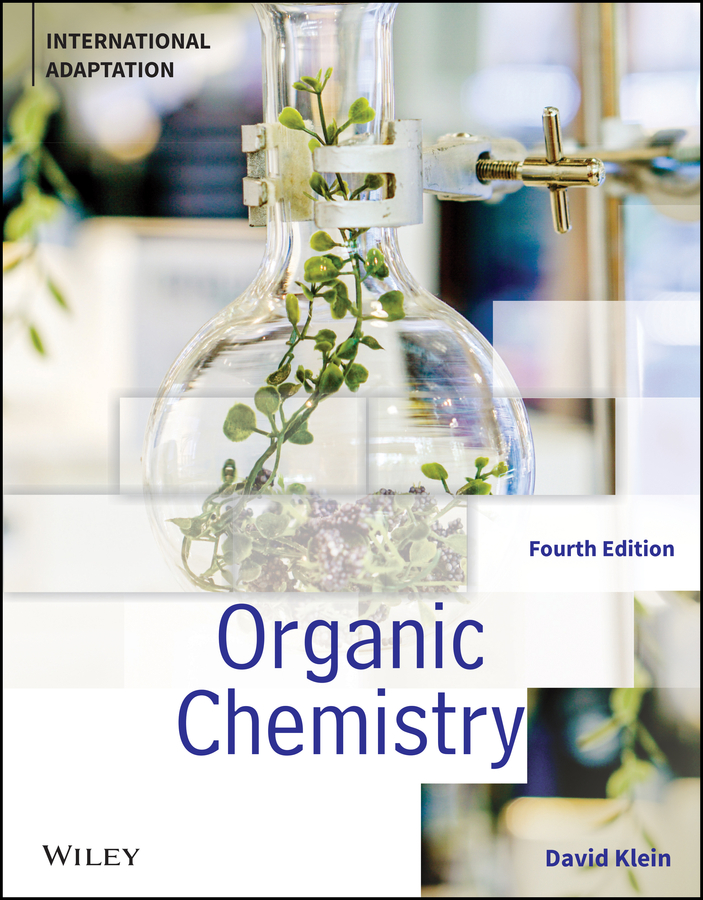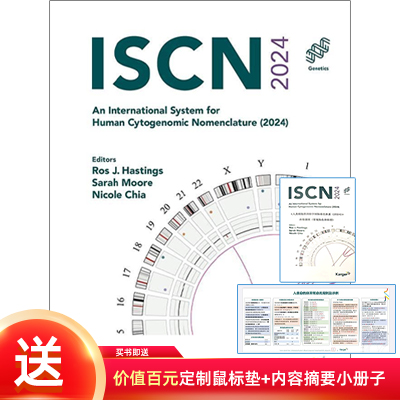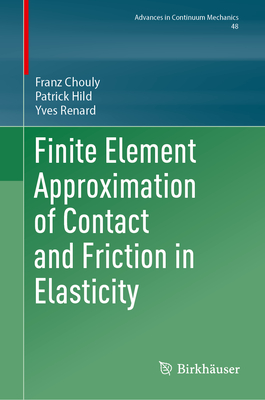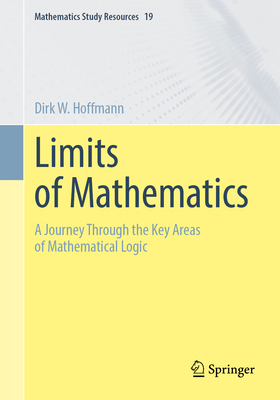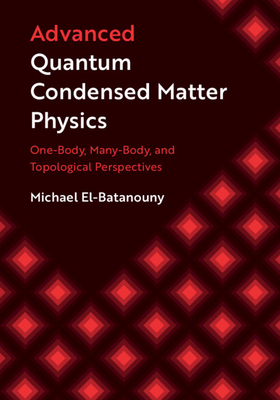图书简介
This volume explores the fields of stem cell biology, regenerative medicine, and cancer biology. The chapters in this book cover topics such as embryonic stem cells (ES) and induced pluripotent cells (iPS); ES/iPSC derived tissue stem cells; tissue resident stem cells; assays for primitive malignant cells; and CRISPR/Cas9 engineering and transgenic model development. Written in the highly successful Methods in Molecular Biology series format, chapters include introductions to their respective topics, lists of the necessary materials and reagents, step-by-step, readily reproducible laboratory protocols, and tips on troubleshooting and avoiding known pitfalls.Cutting-edge and thorough, Stem Cell Assays: Methods and Protocols is a valuable laboratory manual that allows researchers and scientists to learn about new techniques and approaches in this developing field.
Rapid and Highly Efficient Isolation and Purification of Human Induced Pluripotent Stem Cells.-Artificial Activation of Murine Oocytes using Strontium to Derive Haploid and Diploid Parthenotes.-Generation of Human iPSC from Small Volume Peripheral Blood Samples.-Distinguishing between Endodermal and Pluripotent Stem Cell Lines during Somatic Cell Reprogramming.-Measuring Early Germ-Layer Specification Bias in Human Pluripotent Stem Cells.-Detection of Soluble and Insoluble Protein Species in Patient-Derived iPSCs.-Extracellular Flux Analysis of Mitochondrial Function in Pluripotent Stem Cells.-Assessment of Endothelial-to-Hematopoietic Transition of Individual Hemogenic Endothelium and Bulk Populations in Defined Conditions.-Homogenous Differentiation of Functional Hepatocytes from Human Induced Pluripotent Stem Cells.-Differentiation of Human Induced Pluripotent Stem Cells into Cortical Neurons to Advance Precision Medicine.-Differentiation of iPS-Cells into Peripheral Sensory Neurons.-Culture of Human iPSC-Derived Motoneurons in Compartmentalized Microfluidic Devices and Quantitative Assays for Studying Axonal Phenotypes.-iPS Cell-Differentiation into Brain Microvascular Endothelial Cells.-Chromatin Immunoprecipitation in Human Pluripotent Stem Cell-Derived 3D Organoids to Analyze DNA-Protein Interactions.-Generation of Embryonic Origin-Specific Vascular Smooth Muscle Cells from Human Induced Pluripotent Stem Cells.-Generation of Salivary Gland Organoids from Mouse Embryonic Stem Cells.-In Vitro Generation of Heart Field Specific Cardiomyocytes.-Isolation and Characterization of Extracellular Vesicles Derived from Human Umbilical Cord Mesenchymal Stem Cells.-Identification and Validation of CRISPR/Cas9 Off-Target Activity in Hematopoietic Stem and Progenitor Cells.-Genome Engineering of Hematopoietic Stem Cells using CRISPR/Cas9 System.-Generation of Rat Neural Stem Cells to Produce Different Astrocyte Phenotypes.-In Situ Quantification and Isolation of Müller Glial Cells by Fluorescence Activated Cell Sorting from the Regenerating Larval Zebrafish Retina.-Quantification and Cloncal Culture of Neural Stem Cells from the Hippocampus of Adult Mouse.-Reprogramming Mouse Oviduct Epithelial Cells using In Vivo Electroporation and CRISPR/Cas9 Mediated Genetic Manipulation.-Generation of Human Liver Chimeric Mice and Harvesting of Human Hepatocytes from Mouse Livers.-Application of 3D Culture Assays to Study Breast Morphogenesis, Epithelial Plasticity, and Cellular Interactions in an Epithelial Progenitor Cell Line.-A Unified Protocol to Streamline Molecular and Cellular Analysis for Three-Dimensional Cell Cultures.-Mesenchymal Stem Cell Seeding on 3D Scaffolds.-Assaying Candidate Human Skin Keratinocyte Stem Cells by Determining their Long-Term Serial Proliferative Output in Culture.-Protocol for the Detection of Organoid-Initiating Cell Activity in Patience-Derived Single Fallopian Tube Epithelial Cells.-Quantification of Mucle Stem Cell Differentiation using Live-Cell Imaging and Eccentricity Measures.-The Enrichment of Breast Cancer Stem Cells from MCF7 Breast Cancer Cell Line using Spheroid Culture Technique.-Assessment of Breast Cancer Stem Cell Activity using a Spheroid Formation Assay.-Enrichment of Cancer Stem Cells in a Tumor Sphere Assay.-In Vitro Quantification of Cancer Stem Cells using a Mammosphere Formation Assay.-Designing Genetically Engineered Mouse Models (GEMMSs) using CRISPS Mediated Genome Editing.-Assays for the Spectrum of Circulating Tumor Cells.-Limiting Dilution Tumor Initiation Assay: An In Vitro Approach for the Study of Cancer Stem Cells.-Orthotopic Xenografts of Colorectal Cancer Stem Cells.
Trade Policy 买家须知
- 关于产品:
- ● 正版保障:本网站隶属于中国国际图书贸易集团公司,确保所有图书都是100%正版。
- ● 环保纸张:进口图书大多使用的都是环保轻型张,颜色偏黄,重量比较轻。
- ● 毛边版:即书翻页的地方,故意做成了参差不齐的样子,一般为精装版,更具收藏价值。
关于退换货:- 由于预订产品的特殊性,采购订单正式发订后,买方不得无故取消全部或部分产品的订购。
- 由于进口图书的特殊性,发生以下情况的,请直接拒收货物,由快递返回:
- ● 外包装破损/发错货/少发货/图书外观破损/图书配件不全(例如:光盘等)
并请在工作日通过电话400-008-1110联系我们。
- 签收后,如发生以下情况,请在签收后的5个工作日内联系客服办理退换货:
- ● 缺页/错页/错印/脱线
关于发货时间:- 一般情况下:
- ●【现货】 下单后48小时内由北京(库房)发出快递。
- ●【预订】【预售】下单后国外发货,到货时间预计5-8周左右,店铺默认中通快递,如需顺丰快递邮费到付。
- ● 需要开具发票的客户,发货时间可能在上述基础上再延后1-2个工作日(紧急发票需求,请联系010-68433105/3213);
- ● 如遇其他特殊原因,对发货时间有影响的,我们会第一时间在网站公告,敬请留意。
关于到货时间:- 由于进口图书入境入库后,都是委托第三方快递发货,所以我们只能保证在规定时间内发出,但无法为您保证确切的到货时间。
- ● 主要城市一般2-4天
- ● 偏远地区一般4-7天
关于接听咨询电话的时间:- 010-68433105/3213正常接听咨询电话的时间为:周一至周五上午8:30~下午5:00,周六、日及法定节假日休息,将无法接听来电,敬请谅解。
- 其它时间您也可以通过邮件联系我们:customer@readgo.cn,工作日会优先处理。
关于快递:- ● 已付款订单:主要由中通、宅急送负责派送,订单进度查询请拨打010-68433105/3213。
本书暂无推荐
本书暂无推荐


